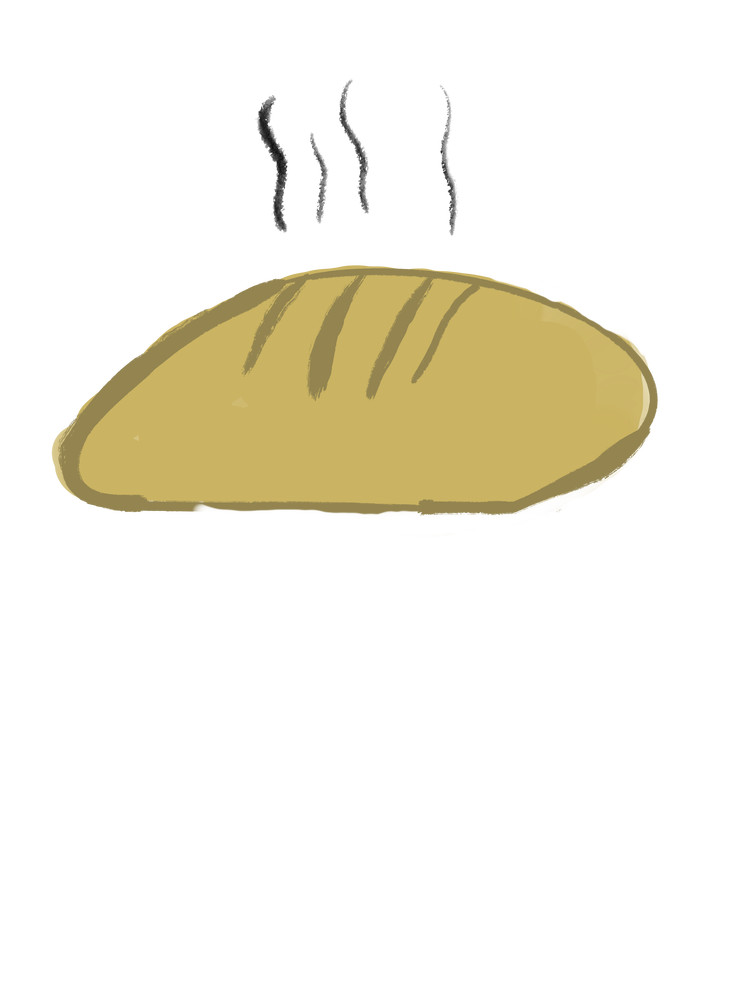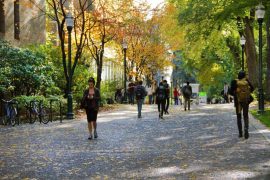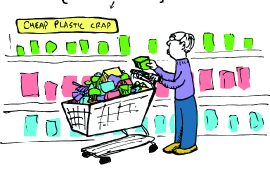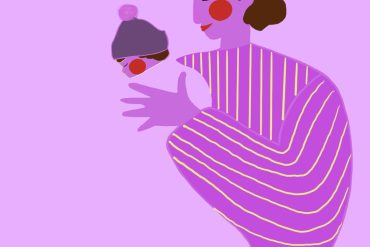The trencher. The staff of life. The body of Christ. Bread has gone by many names in our history, often imbued with intense cultural and religious significance. Someone who earns their household income is a breadwinner. To share a meal with someone is to break bread with them. The Roman poet Juvenal, criticizing the public’s desire for distractions and indulgements, coined the phrase “bread and circuses.” The word companion comes from the Latin companis, “with bread.” Fertile farming regions, like the North American Wheat Belt in the Canadian and American west, are called breadbaskets.
Across the world, bread is a symbol of power, community, and life, connecting us across vast chasms of earth and time. One can imagine Roman chefs baking a loaf with candied fruits and seeds for the Emperor and his council; peasants in medieval Germany making bread and crackers for their family; Mayan home cooks frying corn tortillas and steamed tamales. And for most of history, humankind has leavened bread with some form of sourdough starter. The first recorded uses of wild yeast as a leavening agent come from the areas of both Switzerland and Egypt around 3500 BCE, and naturally-occuring yeast was used exclusively until the advent of commercial yeast in the 1800s. Sourdough is one of the oldest forms of one of the oldest foods—bread—in human history. Baking sourdough bread, the way countless generations of our ancestors baked bread, connects us to a long and storied tradition of community, creation, and connection. That’s why, even if you’ve never baked bread in your life, you should be baking sourdough.
My mother never taught me how to bake bread. She taught me how to bake banana bread—technically a cake, but I digress—and my grandmother gave me plenty of tips on how to bake cookies, but bread was never part of our family tradition. It’s a wonder, then, that when the quarantine went into effect, the first baked good I turned to was bread. Hearty, simple bread. Plain enough to complement any other food, yet flavorful and complex enough to be a fulfilling dish in itself. Bread has none of the flash nor style of other baked goods. It won’t satisfy a sweet tooth like an apple pie, and it won’t impress anyone like a layer cake or a braided babka. But despite its relative simplicity, bread is perhaps the most satisfying food of all.
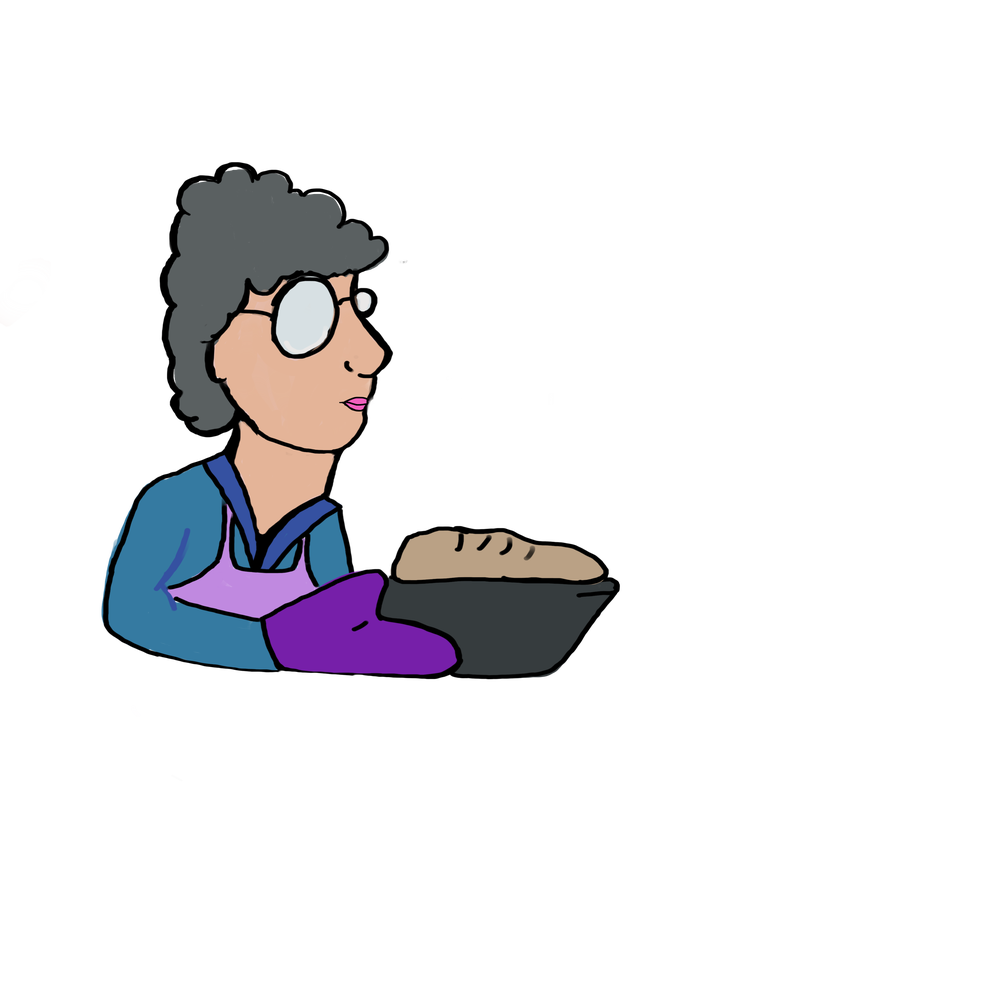
illustrations by Greer Siegel
Baking bread is easy. Baking bread well is incredibly hard. The difference between baking something like a beautiful fruit tart and baking a consistent, solid loaf of sourdough is much like the difference between sprinting and long-distance running.
I’ve been reading a lot more during quarantine. One book I’ve come across is Haruki Murakami’s What I Talk About When I Talk About Running. In it, he writes (and I’m paraphrasing here) that long-distance running is something some people are naturally more suited for than others—some people have shorter strides, deeper, more measured breaths. But no one can naturally run a marathon. Something like that takes long, hard training and dedication day after day to gradually improve your time and perfect your form. Otherwise, you’ll burn out. Long-distance running uses a vastly different skill set than sprinting (again, so I’m told—I’m not much of a runner).
Baking sourdough is like long-distance running. There are no shortcuts. There are no tricks, no sleight-of-hand maneuvers you can pull to make your loaf come out perfect every time. There is no foolproof method. Recipes are merely guidelines, wholly unable to adapt to your unique altitude, humidity, and temperature. To bake sourdough, you have to really learn how to bake sourdough. There’s simply no other way.
You have to learn through extensive trial and error, testing dozens of loaves before you bake one that you would be proud to serve to someone else. Before you even start baking bread, you have to create your starter. “Give birth” might be a better description. You have to raise your starter from infancy to maturity, from a shapeless mass of flour and water to a slightly less-shapeless mass of frothy, bubbly, yeasty levain. You create something alive, and like all things that are alive, you have to feed it or else it will die. Every day, without fail, you must feed it with flour (starch) and water, discard the excess, and burp it occasionally to release excess gas. Raising a sourdough starter is more like raising a baby than you’d think (I assume).
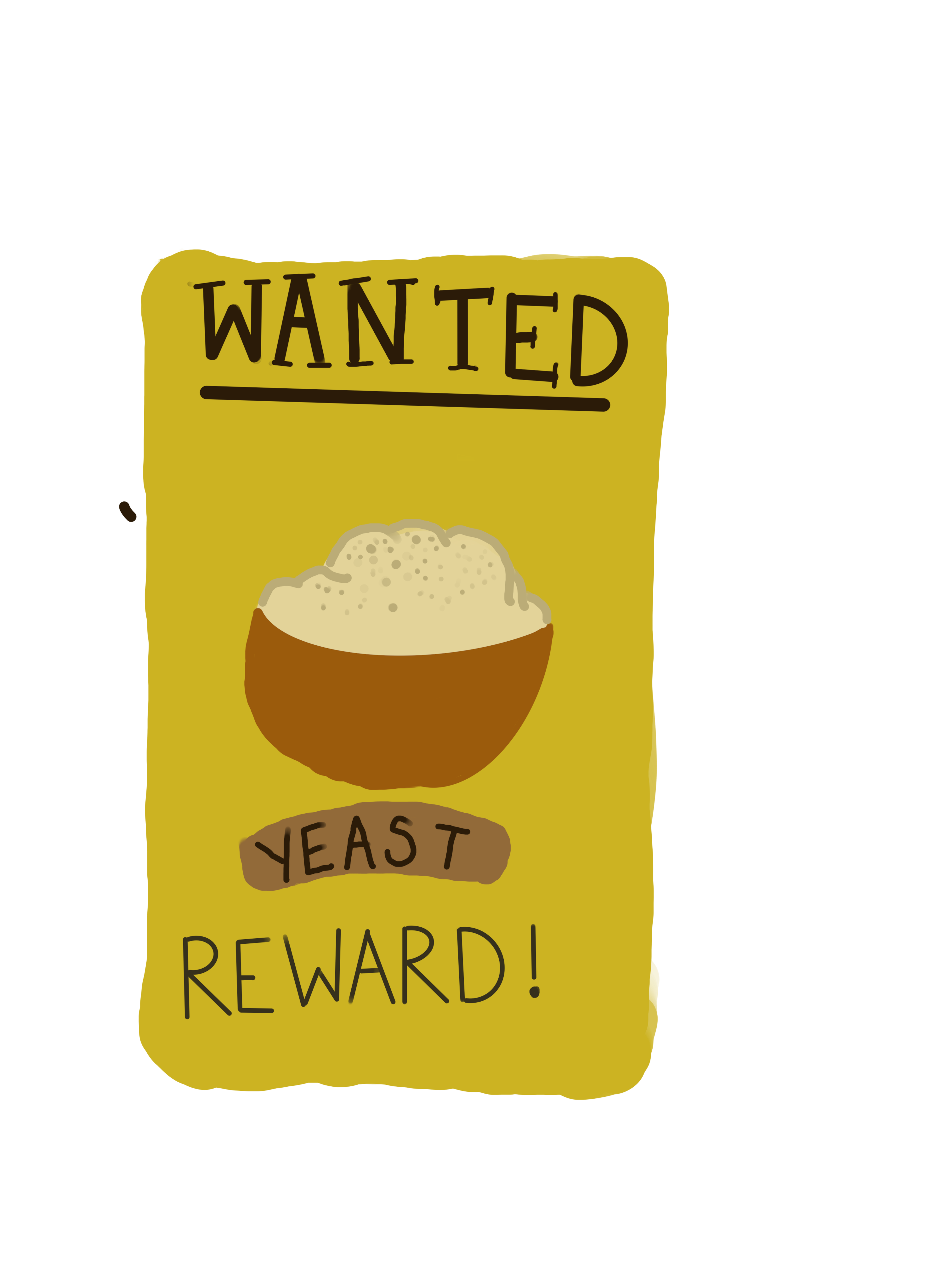 When you’re finally ready to bake your bread with your bubbling cauldron of wild yeast and lactobacillus bacteria, the dough you create with it will likely be wetter and stickier than any dough you’ve worked with before. Instead of kneading it on the countertop, you have to stretch and fold the dough until it just comes together to a cohesive, albeit deflated, ball. The first rise takes anywhere from 6 to 18 hours, much longer than any active dry or instant yeast. (Fun fact: bread could take almost a day to rise before the advent of commercial yeast, which is likely why the Children of Israel could only take unleavened bread when they fled Egypt. Neat!)
When you’re finally ready to bake your bread with your bubbling cauldron of wild yeast and lactobacillus bacteria, the dough you create with it will likely be wetter and stickier than any dough you’ve worked with before. Instead of kneading it on the countertop, you have to stretch and fold the dough until it just comes together to a cohesive, albeit deflated, ball. The first rise takes anywhere from 6 to 18 hours, much longer than any active dry or instant yeast. (Fun fact: bread could take almost a day to rise before the advent of commercial yeast, which is likely why the Children of Israel could only take unleavened bread when they fled Egypt. Neat!)
Shaping the dough isn’t any easier. It flops around and sticks to your hands, and you have to shape it very carefully to ensure it doesn’t lose any of the gas it took you hours to produce. Chances are, unless you have a specialty baker’s lame, any knife you use to score your bread will likely tear and drag the top. It’s difficult to get those picture-perfect score marks that professional bakers seem to make so effortlessly.
But when it comes out just right?
The feeling of baking a perfect sourdough loaf is indescribable. It’s the feeling of knowing that you made this. It’s the pride you feel knowing you could display it on a bakery shelf. It’s the satisfaction you feel when you tap on the perfectly browned, crispy crust and hear the hollow, delicate crumb inside. It’s the feeling that you, a human being, have created the most basic food that nearly every civilization throughout time has created. It’s what ties you to countless generations of humans before you—something at once primal yet sophisticated, simple yet elegant. To bake bread is to be human.
Baking sourdough is one of those skills that is impossible to fake. Like running a marathon, there is no way to cheat your way to the finish line. A sourdough loaf is the product of time, effort, and dedication, and no one can take that away from you. Anyone can mix a dough with Fleishman’s or Red Star and throw it in a bread machine. Sourdough requires patience—it can’t be bought. More should try it some time.

